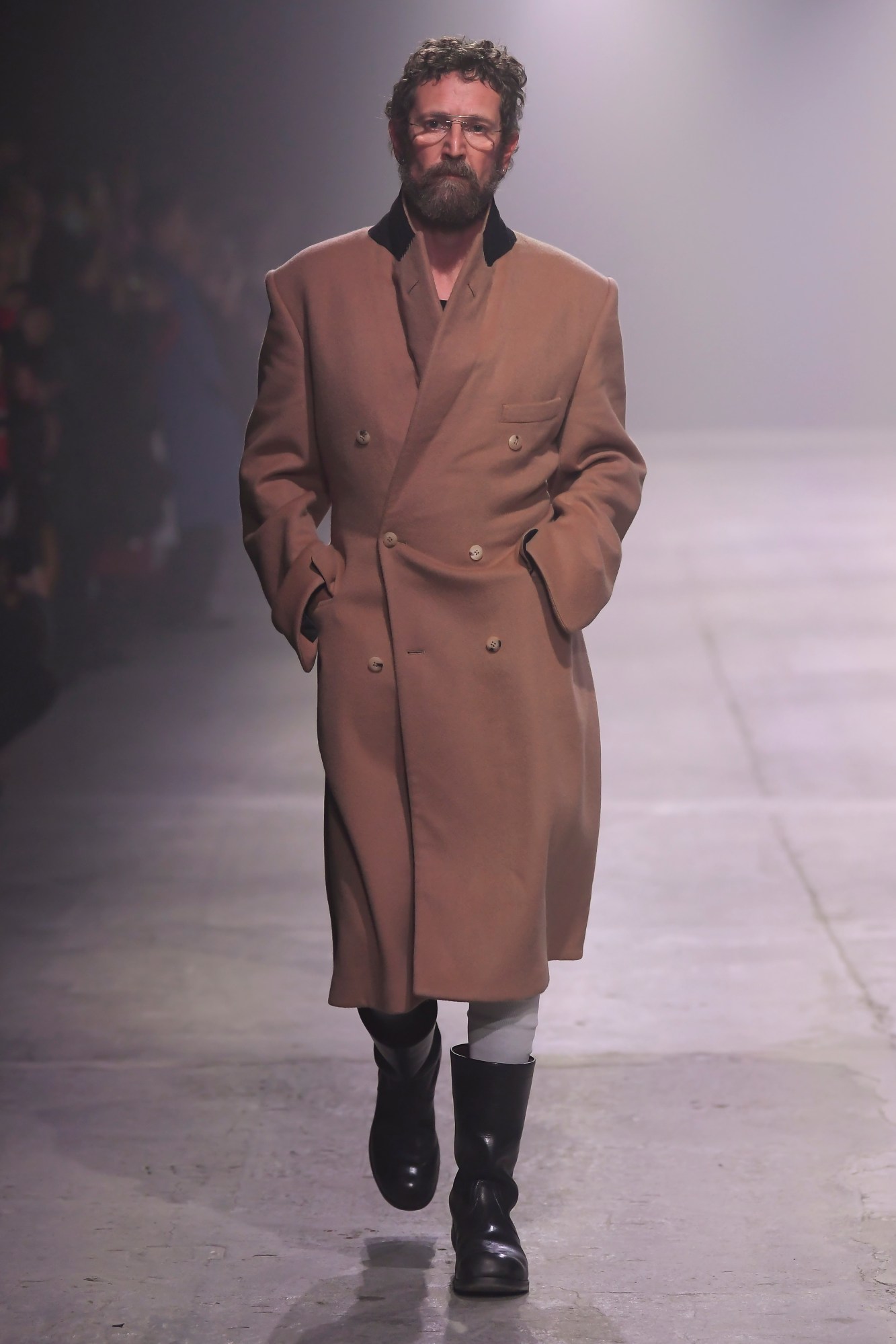A smoky strobe-lit industrial space was the perfect setting for Stefano Pilati’s Random Identitiesshow, his first since 2018. The Italian designer is no stranger to Pitti Uomo (he first came to the fair when he was 12 years old) but since decamping to Berlin four years ago, his outlook has shifted. Less cashmere-and-couture, more club kids and techno-hedonism. Hence why there were plenty of synthy, utilitarian clothes that would pass muster with the bouncers at Berghain in his latest collection. Yet for all those Kreuzberg-isms, Random Identities Autumn/Winter 2020 collection wasmolto Italiano. It was almost as though Stefano couldn’t resist the gravitational pull of elegant tailoring and the joy of dressing beautifully — leopard, sparkle, lace et al.
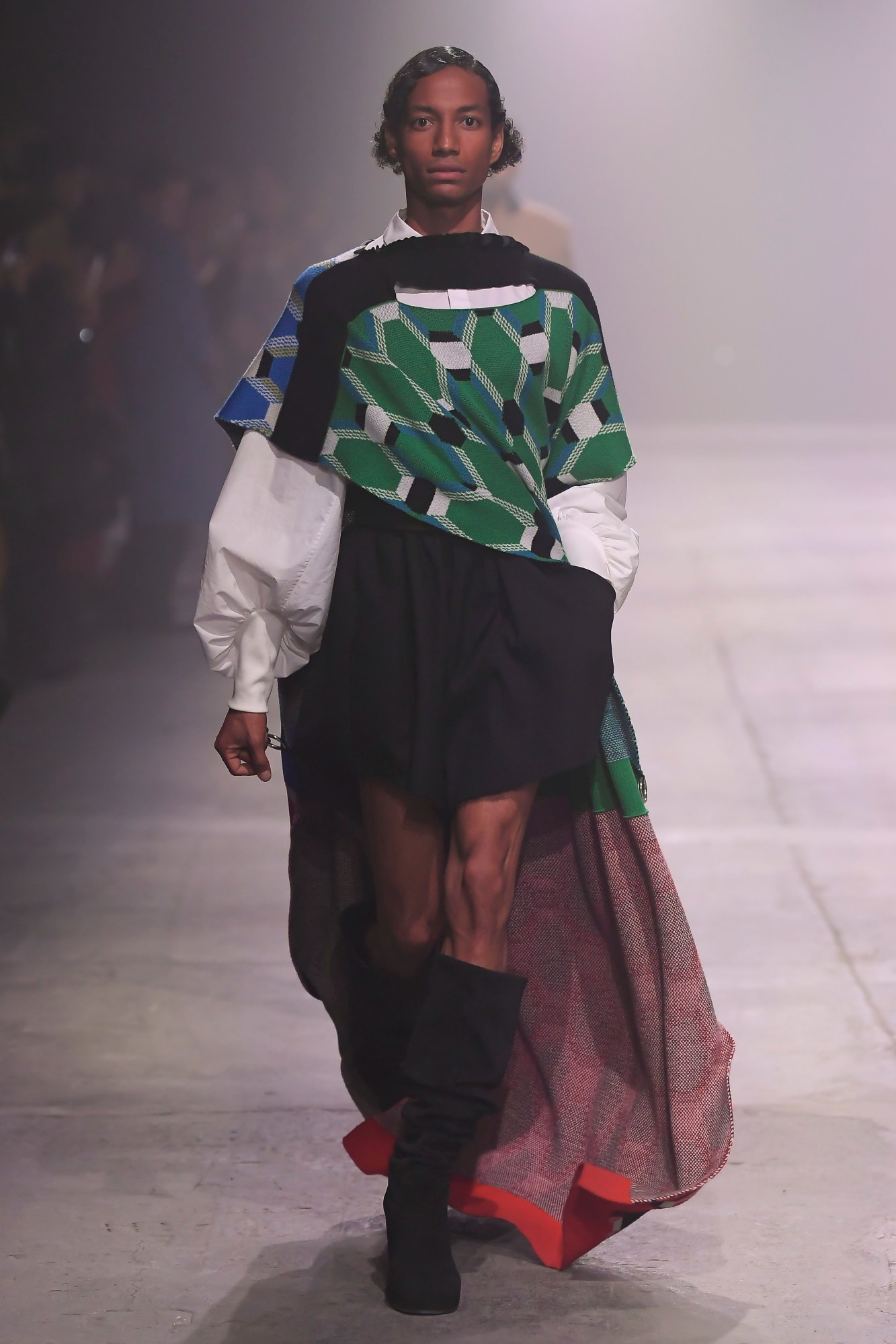
The cast comprised his friends, the creative contemporaries he calls his family in Berlin, long-time muses like Fatima Jamal, James Jeanette and MJ Harper, and kids (as in actual children) who he thinks are just as cool. The sound was spliced-together covers of Whitney Houston’s It’s Not Right But It’s OK and Chaka Khan’s I’m Every Woman. Cashmere sweaters came strewn with whispers of rhinestones, some of which were bralettes worn as belts or over crisp cotton shirts with lace prints. There was cinched-in tailoring, coats slung around the waist, bright geometric jumpers draped as scarves. The boots were deliciously chunky, sometimes mismatched. You get the idea. The message was that attitude is paramount to dressing individually, affirmed by the inherent diversity of the cast and the versatility of the clothes.
Maybe that’s because after years of scaling the dizzying heights of institutional houses such as Yves Saint Laurent, Miu Miu, Armani and Zegna, Random Identities is crafted in the image of Stefano himself. There aren’t any decades-old house codes to reinterpret, or a corporate brief. It’s simply him and the way he dresses — and it’s fair to say he’s one of the best-dressed men on the planet. He even closed the show himself, peacocking down the concrete catwalk in a classic double-breasted camel coat. “It’s not a collection, it’s a series of ideas,” he said after the show. “It’s something that I already produced. It’s a collection of clothes, not in a canonical way, which is usually: ‘This is what I’ve done, we edit it, we put it in the showroom for buyers, whatever.’ It’s not the case. I’ve already done that.”
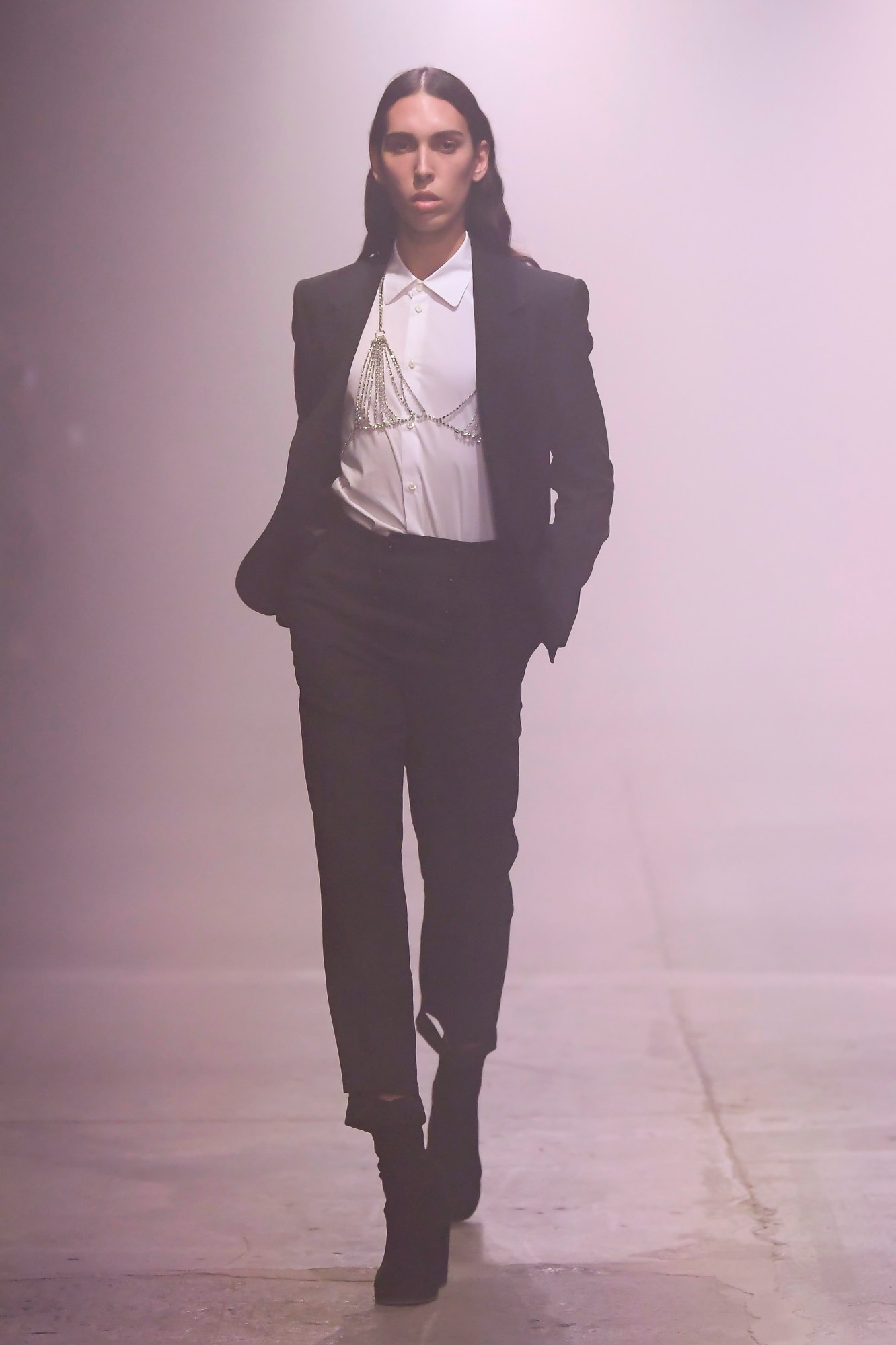
He even launched the collection on Instagram ahead of the show, simply because that’s how it started — with him posting pictures and seeing what people responded to. Pilati has done the rigmarole of luxury fashion. Now he’s reframing the narrative and doing something altogether more organic, bypassing the system in the process. Some people call that ‘direct-to-consumer’, but even that sounds corporate and contrived in comparison to his highly personal approach. “Fashion should change,” he asserted. “For me, fashion never died. It’s the way of doing it that has changed. The market saturated and people became bored. We keep creating these aspirational identities that reveal themselves as a bit sterile if you don’t evolve with the times.” It’s true. Another buzzword, ‘inclusivity’ may be fashion’s mot du jour — for Stefano Pilati, it’s second nature.
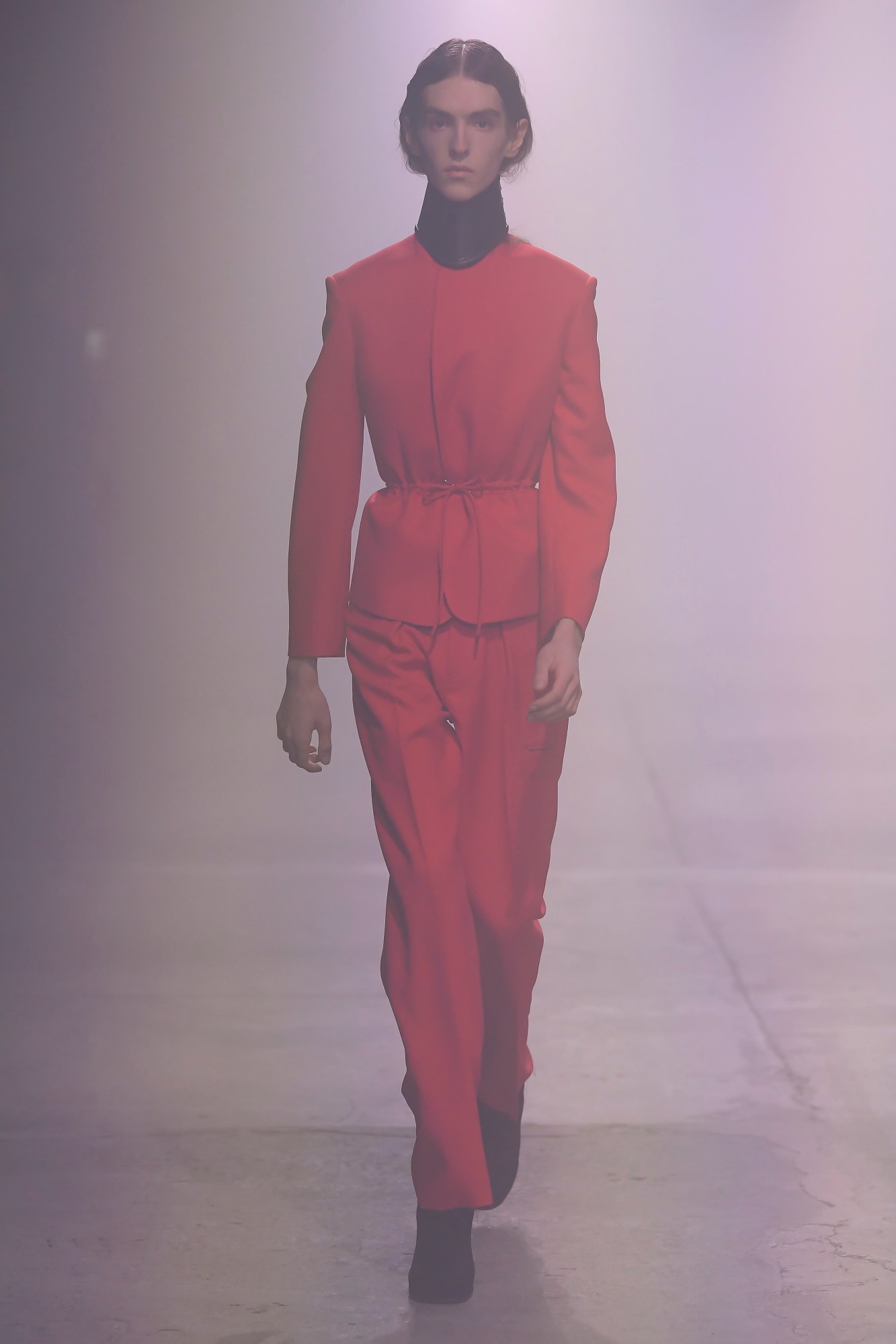
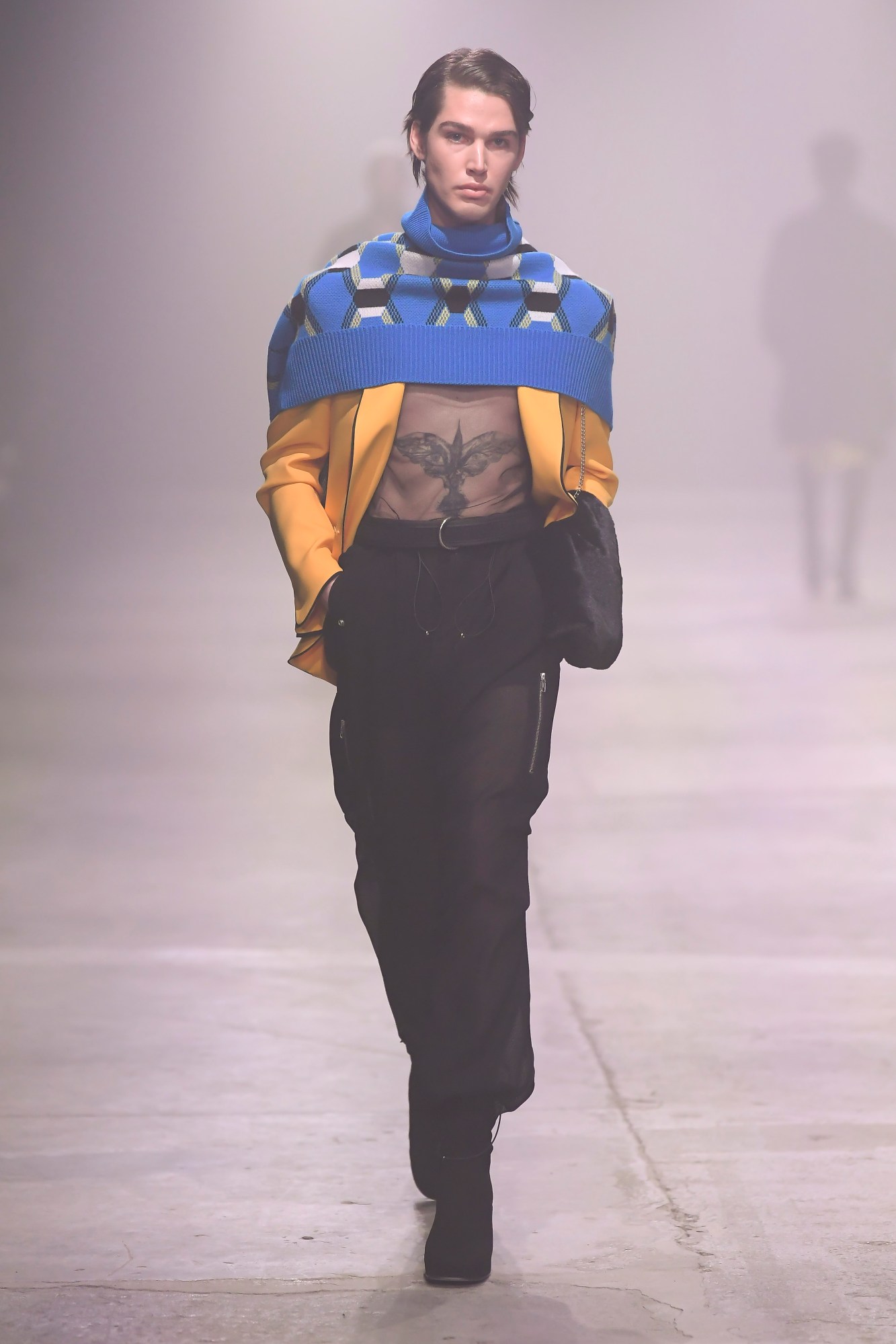

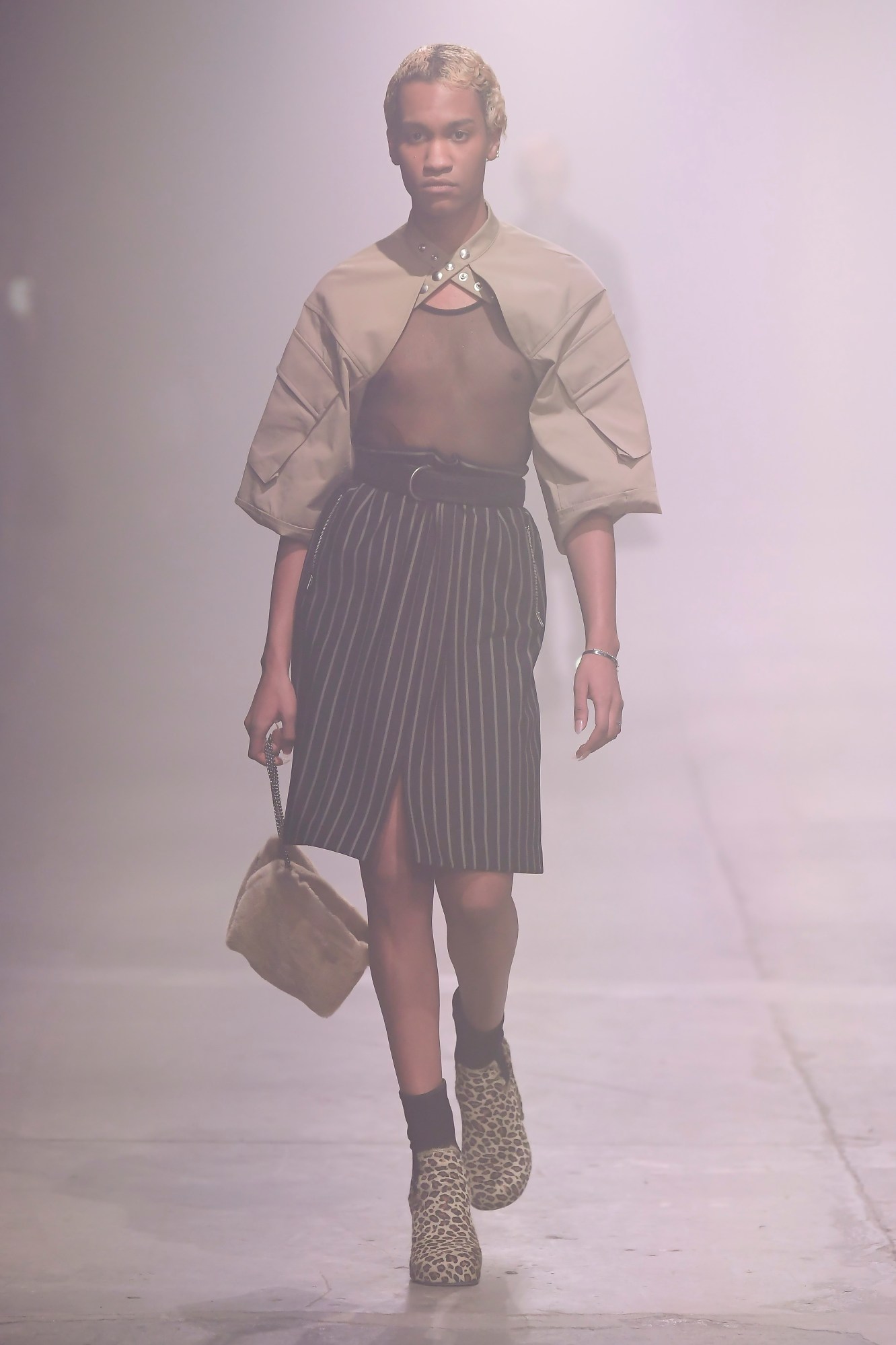
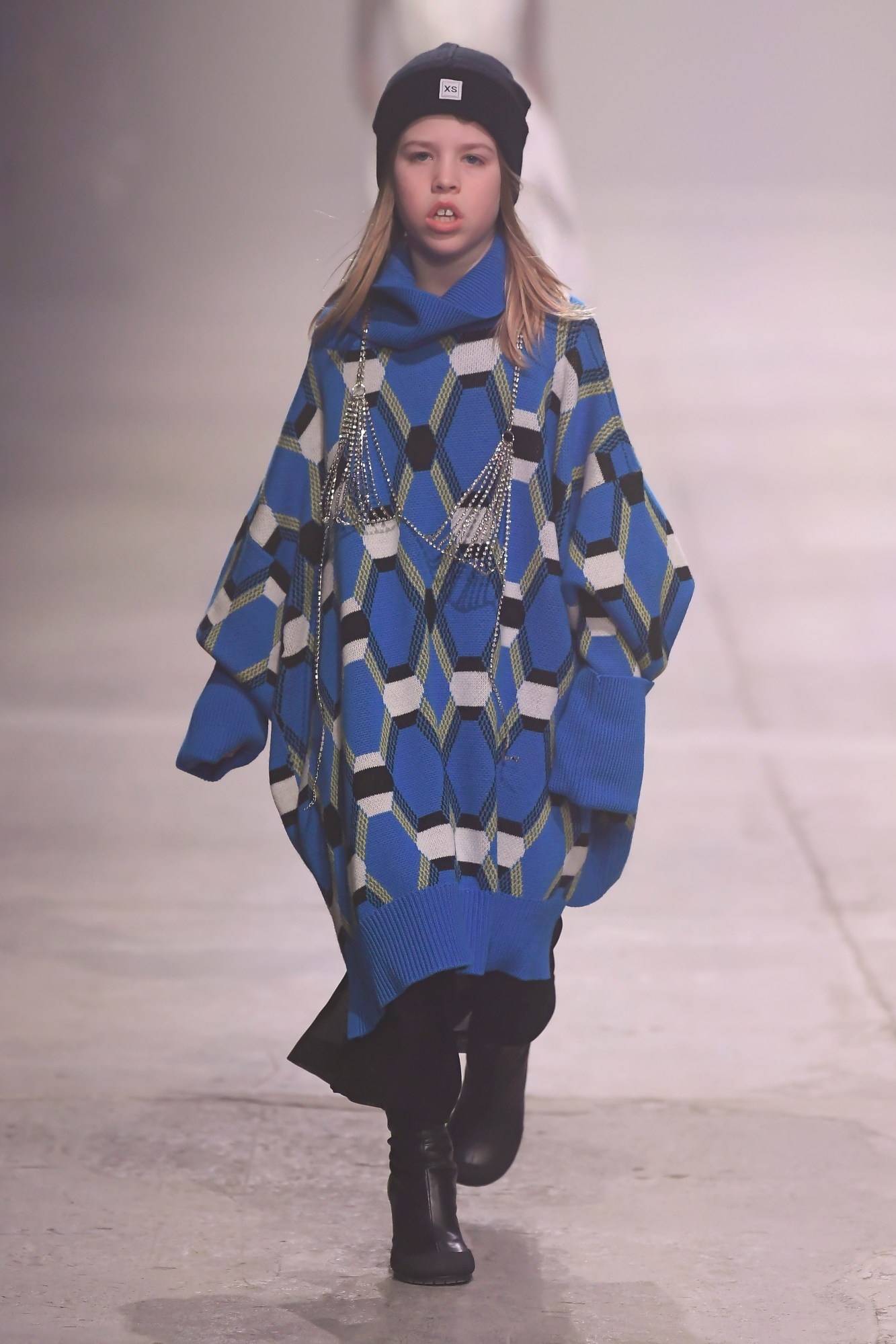

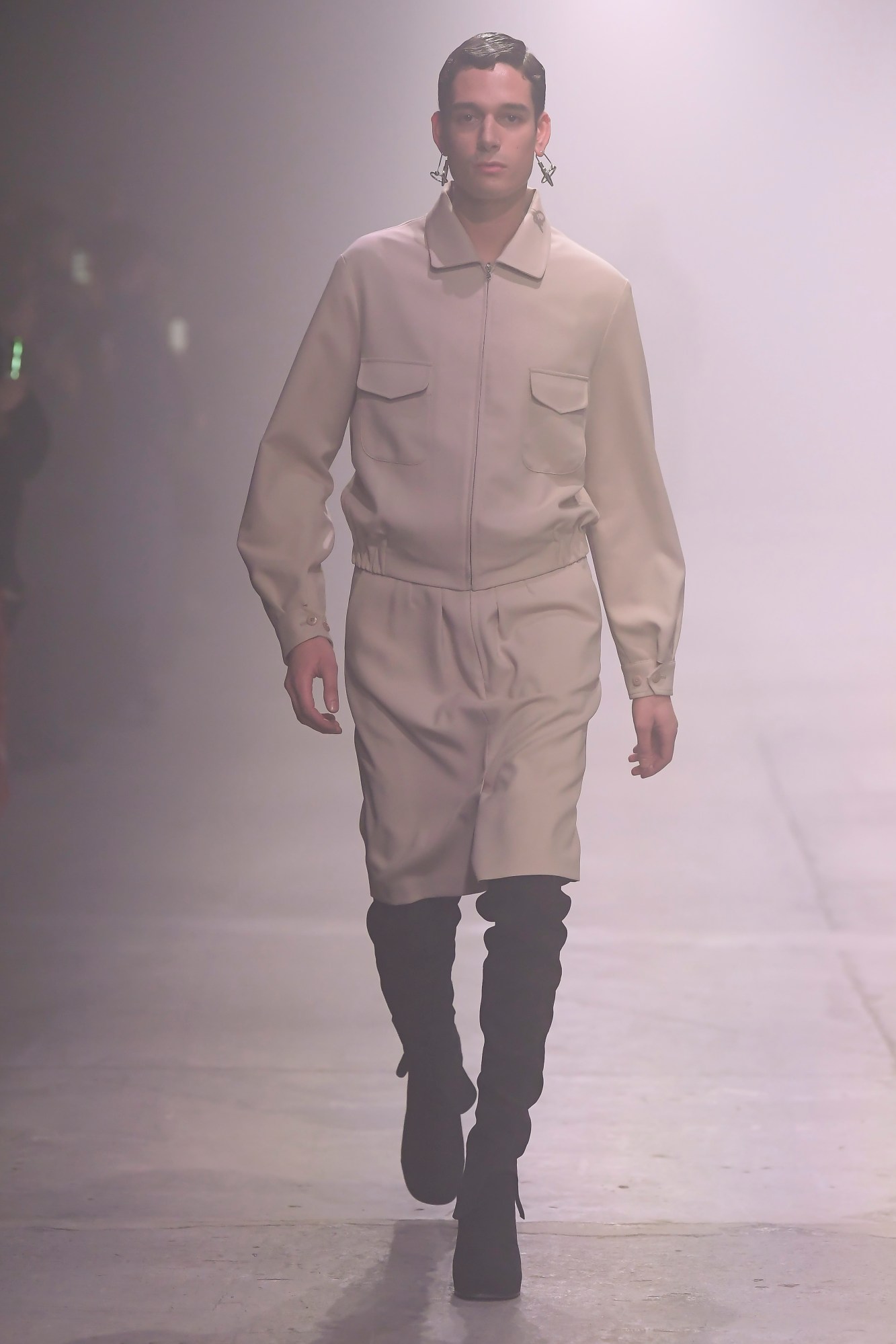
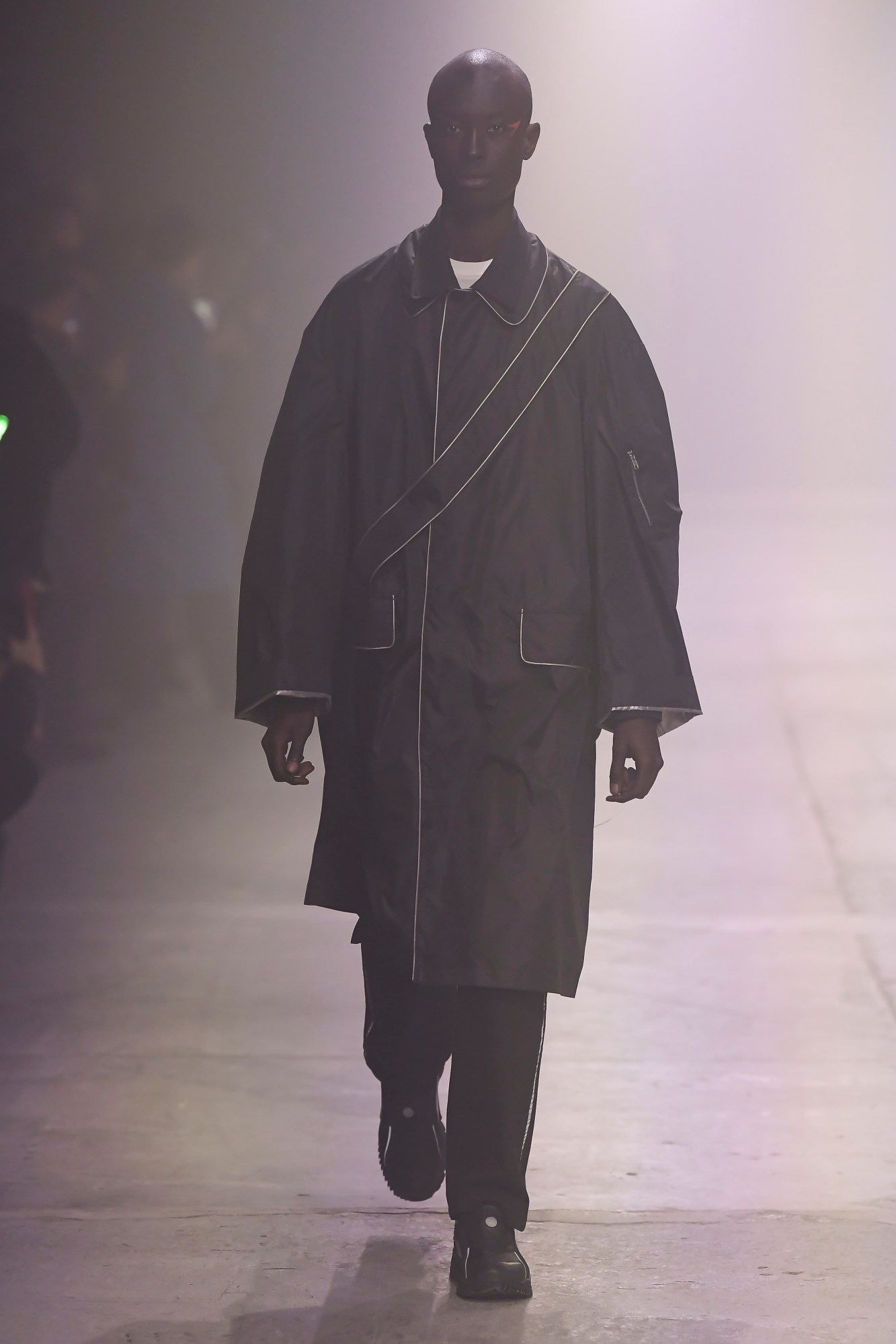
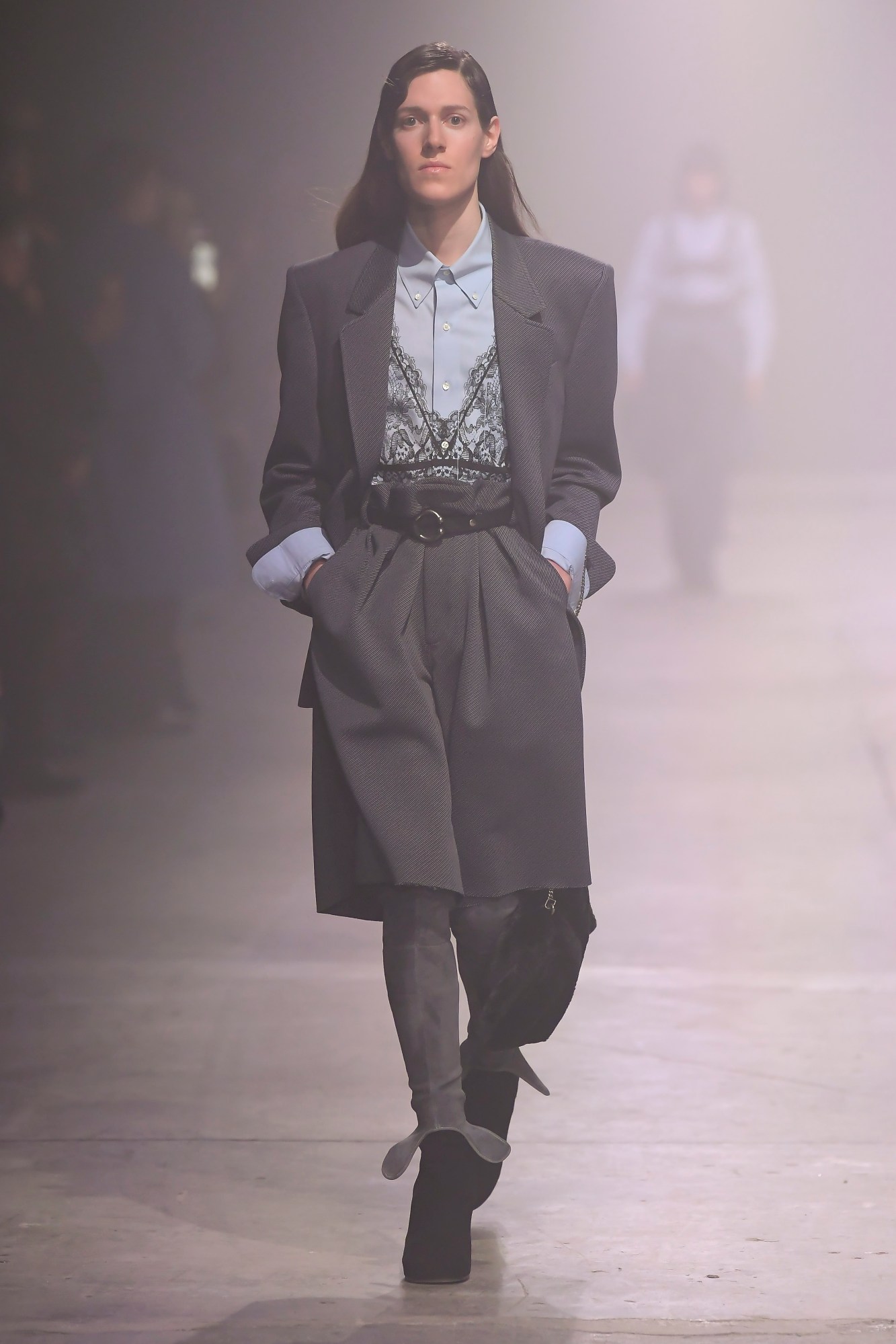
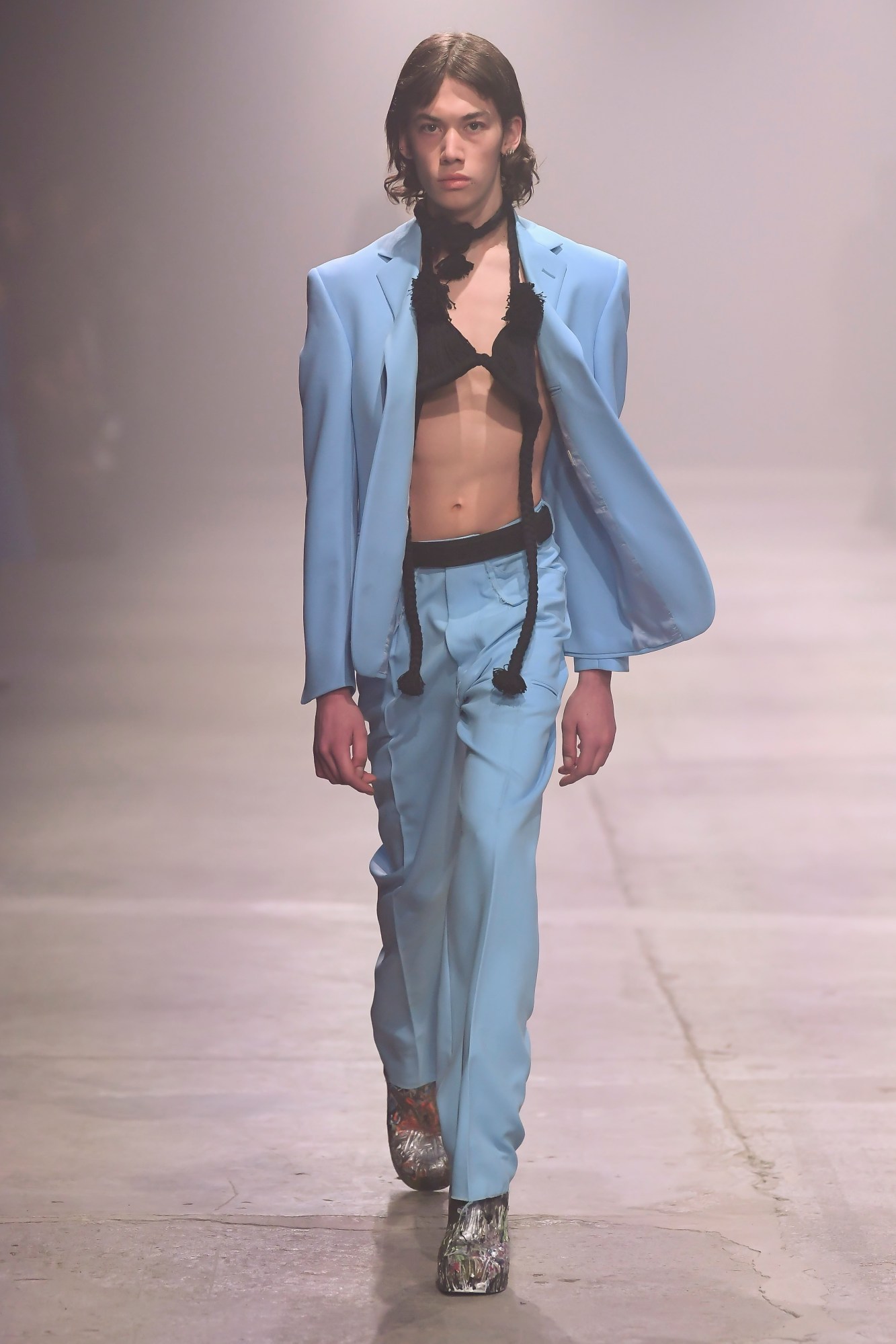
Credits
All images courtesy of Random Identities
